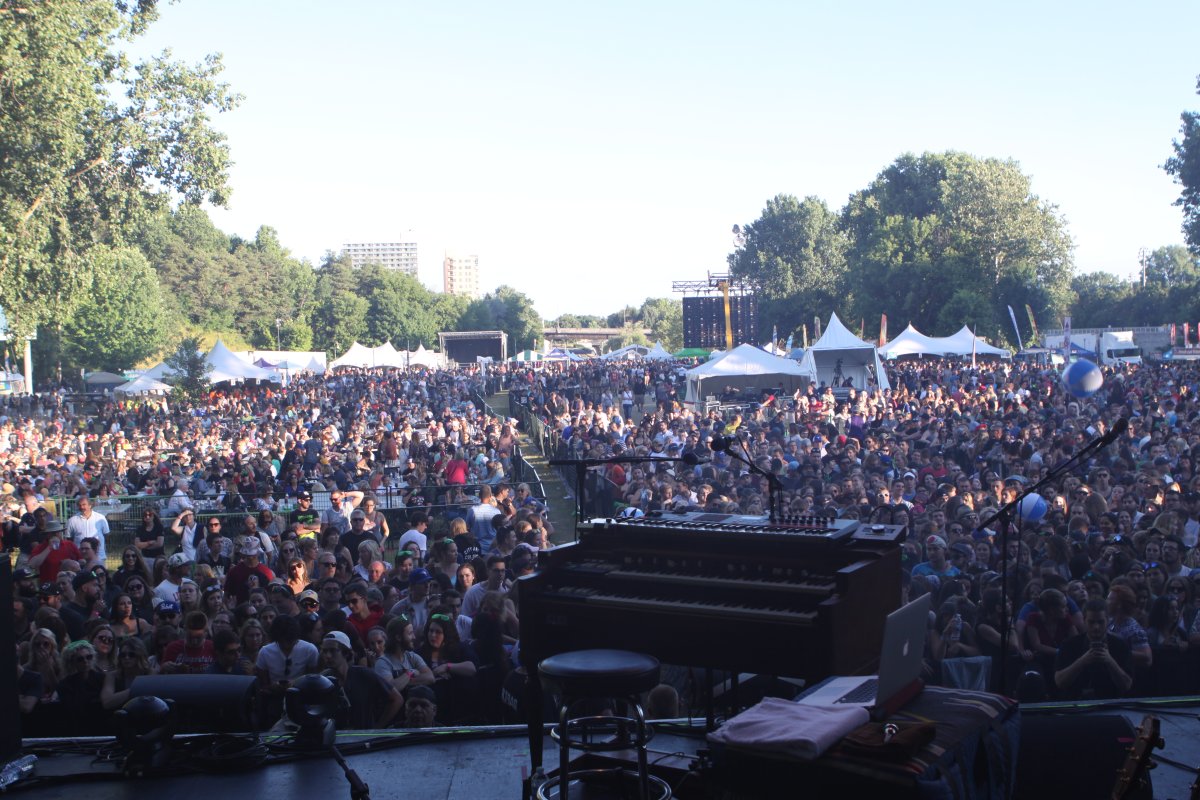Event organizers and Tourism London are speaking out against proposed changes to the way the city enforces the noise bylaw.

Staff are recommending not only hefty fines, but organizers of events like Rock the Park and Sunfest may lose the use of their venue if they repeatedly break the rules.
The city previously forced all special event operators with amplified concerts to provide security deposits which escalated from $500 to $5,000 depending on whether they had noise violations in previous years. If there were noise violations at any time during the event, the security deposit was forfeited.
After it was suggested some event holders see forfeited deposits as the cost of doing business, staff are now recommending organizers hand over security deposits that range from $500 to $1,000 per day of the event.
If they’re found in violation of the noise bylaw for three consecutive years, organizers would not only have to cover the cost of extra bylaw enforcement officers to monitor the event, but they would also have to appear before the community and protective services committee to request permission to hold the event in the following year.
Brad Jones of Jones Entertainment, which organizes Rock the Park among other events, feels these changes would do more harm than good.
“When we’re talking millions and millions of dollars, I think council has finally got to reign this in and say, ‘we’re open for business,'” he said. “There was a big thing in the last year, we want to be the music city, but then you’re going to turn around and fine the people who are putting on the biggest musical events year round? You know, it just doesn’t make any sense.”

Get daily National news
Jones believes these changes would drive events out of London.
Councillor Anna Hopkins, meantime, believes the current noise bylaw is outdated and something needs to be done.
“We have limitations already in place, it’s just a few of these events that tend to exceed the noise and become a concern. I think it’s the time to find out that balance,” she said during an appearance on The Craig Needles Show.
The staff report also includes suggestions from members of the public who wish to be recognized as the Downtown London Noise Committee representing residents from Picton Street, Wellington Street, Queens Ave and Blackfriars.
They appear to support the proposed recommendations, but also asked the city to look into holding larger music festivals at alternative sites that will not impact residents downtown including indoor venues, Springbank, the Western Fair District, and parks outside of the urban growth boundaries away from residential neighbourhoods.
The group wants the city to do “further studies on the impacts of noise on hearing and the human condition as suggested by organizations like the Canadian Hearing Society.”
The report also includes feedback from major event holders as well as Tourism London. Event organizers believe the changes “will make it increasingly difficult to hold the large concert events in our community” and noted “charities will be the group that suffers from increased penalties.”
READ MORE: London events among list of top 100 festivals and events in Ontario: industry association
Tourism London feels the changes would “severely impact the operational viability of both current and future music and cultural events” which help contribute around $540 million a year to the city.
The changes, which would come into effect in 2018, will be considered by the strategic priorities and policy committee on Monday.
With files from Jacquelyn LeBel.












Comments